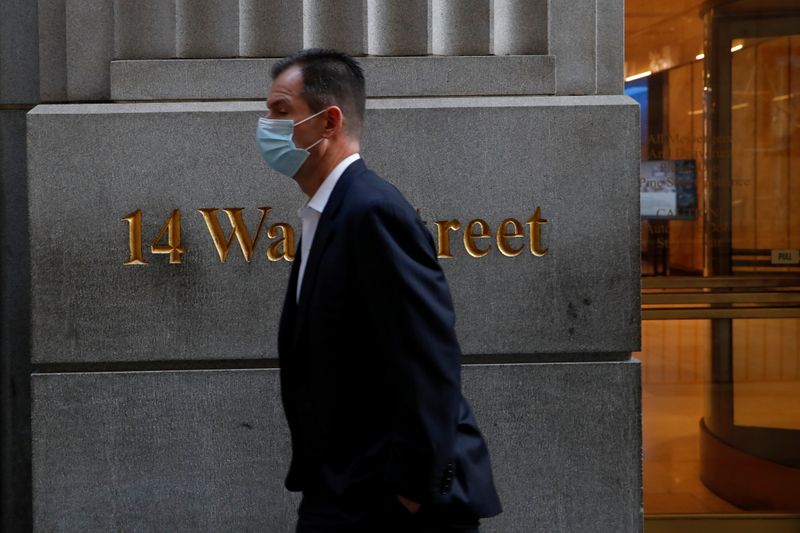The U.S. economy exhibited robust growth in the third quarter (Q3) of 2023, with GDP expanding at a rate of 4.9%, the highest level since 2014 excluding pandemic years, and outperforming Wall Street's prediction of 4.7%.
The growth was primarily fueled by a 4% rise in consumer expenditure on new cars, electronics, and recreational services between July and September. Additionally, amplified government spending, including defense-related acquisitions like arms sent to Ukraine and increased production that boosted inventory replenishment, contributed 1.3 percentage points to the GDP.
Despite predictions that high-interest rates could slow down the economy, it demonstrated remarkable resilience. The Federal Reserve has raised rates to manage inflation, currently standing at 2.9%, an increase from 2.5% in spring. The Fed is unlikely to change its stance until inflation returns to pre-pandemic levels.
However, economists are cautioning about potential impacts on future growth as these high rates are projected to persist into next year. Businesses reacted cautiously by increasing spending on structures but scaling back on equipment investments.
The housing market experienced a slowdown due to high mortgage rates, yet it still made a positive contribution to GDP growth. A significant surge was observed in durable goods orders because of contracts for Boeing (NYSE:BA) planes.
Following the release of the report, the Dow Jones Industrial Average DJIA exhibited mixed results at the opening bell. Wells Fargo (NYSE:WFC)'s Senior Economist Sam Bullard warned that such high economic growth is not sustainable in the long run.
This article was generated with the support of AI and reviewed by an editor. For more information see our T&C.
